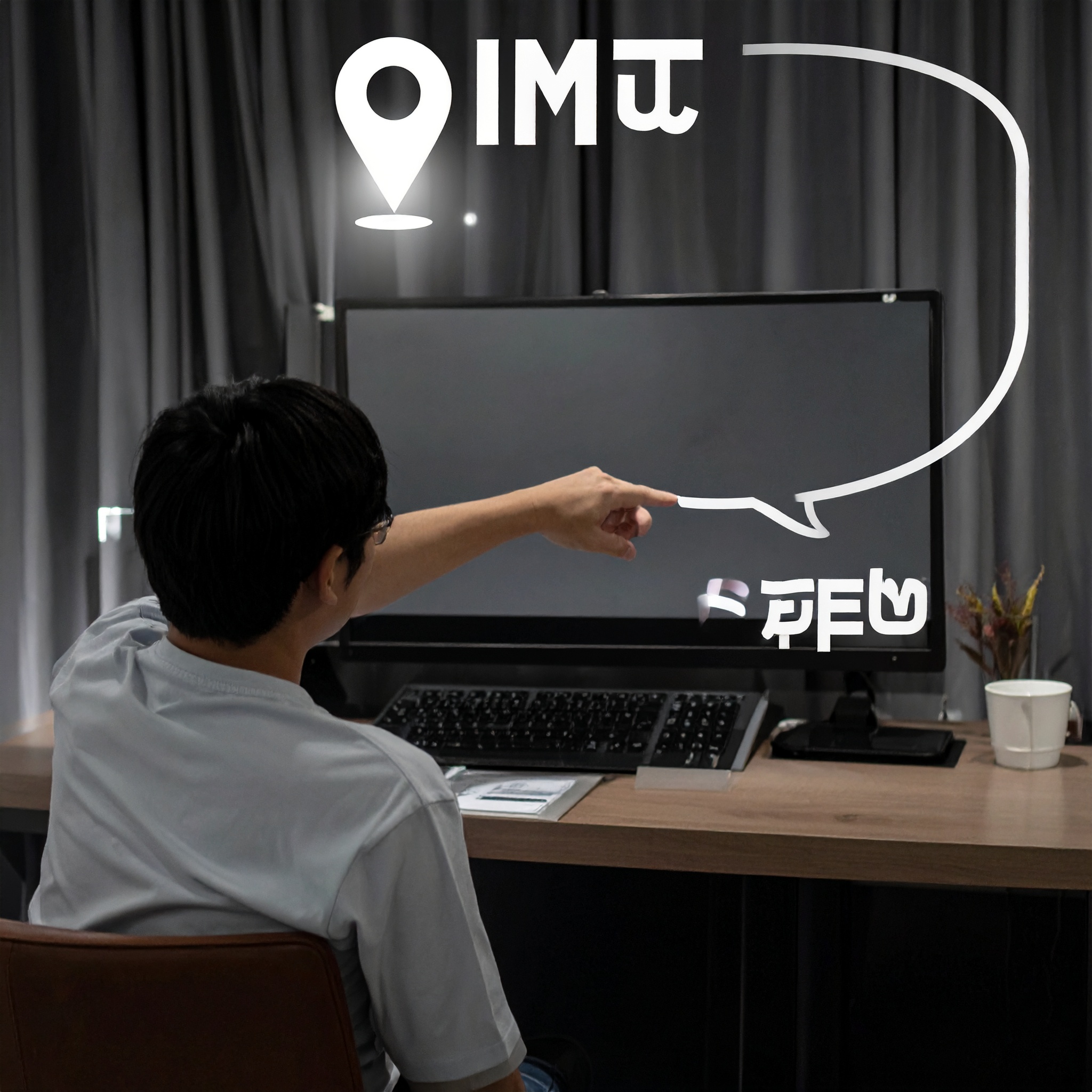For many foreign nationals seeking to rent a residence in Japan, one of the most significant challenges is the language barrier. From searching for a suitable property, to reviewing lease agreements, to receiving explanations of key contractual terms—these steps are often conducted exclusively in Japanese.
For those not fluent in the language, it is entirely natural to feel concerned about fully understanding the terms of the lease or being able to effectively communicate in the event of a dispute. In fact, there are numerous cases where language-related misunderstandings have either prevented a contract from being finalized or caused issues after the lease was signed.
This article explores how to navigate and overcome language barriers when leasing a high-end property in Japan. It provides guidance on choosing the right real estate agency, leveraging available support services, and understanding the key points to confirm before signing a contract with confidence.
1. Look for a Multilingual Real Estate Agency
With the rise of inbound tourism and an increasing number of foreign professionals in Japan, more real estate agencies now offer multilingual services. Many firms employ staff fluent in English, Chinese, Korean, Vietnamese, Thai, Spanish, and other languages, ensuring smoother communication throughout the rental process.
Tips for Finding the Right Agency:
-
Use Expat-Focused Rental Portals
Websites specializing in housing for foreigners typically offer multilingual interfaces and experienced staff familiar with the needs and expectations of international clients. -
Search with Keywords Like “Multilingual Support” or “Foreigners Welcome”
Combining these terms with your preferred area—e.g., “Tokyo + foreigner rental” or “多言語対応 賃貸” can help locate agencies that are open to non-Japanese tenants. -
Leverage Social Media Communities from Your Home Country
Online groups or forums hosted by fellow nationals often share firsthand experiences and referrals to trusted real estate professionals.
2. Confirm Whether Interpretation Support Is Available During the Contract Process
Even if the real estate agency primarily operates in Japanese, it is essential to confirm in advance whether you are allowed to bring an interpreter or use a translation app during contract discussions. This helps ensure clear understanding and prevents miscommunication.
Ways to Arrange Interpretation Support:
-
Bring a Friend or Family Member
Having someone who speaks your native language accompany you can provide both linguistic and emotional reassurance. -
Use a Professional Interpreter Service
Paid interpretation services are available by reservation and can be arranged for in-person or virtual sessions. -
Consult Local Government Multilingual Support Desks
Some municipalities offer free consultation services with multilingual staff for foreign residents. -
Utilize Online Translation Tools and Apps
These can assist with both real-time verbal interpretation and written document translation during the signing process.
Having an interpreter present during the explanation of key contract terms allows you to proceed with greater confidence and ensures you fully understand your commitments as a tenant.
3. Utilize Contract Translation Services
Lease agreements and important disclosure statements are often written in highly technical legal language—even native Japanese speakers may require time to fully understand them. If you are not confident in your Japanese ability, it is essential to ask the real estate agency whether translated versions of the documents are available in advance.
Key Points Regarding Translation:
-
Some Agencies Offer Translations in Major Languages
English, Chinese, and other commonly used languages may be available, depending on the agency. -
Partial Translation May Be Negotiable
Even if full translations are not offered, agencies may be willing to translate key sections upon request. -
Professional Translation Services Can Be Commissioned
For the most accurate and reliable understanding, you may opt to hire a certified translator (fees apply).
While translated documents are typically provided for reference purposes only, they are a valuable resource for enhancing comprehension and ensuring that you enter the agreement with clarity and confidence.
4. Leverage Support from Local Governments and Public Institutions
Many local governments in Japan offer consultation services tailored to foreign residents, covering a wide range of issues—including rental agreements.
Examples of Public Support Services:
-
Foreign Resident Consultation Desks
Often available at international exchange associations, these desks provide guidance on housing, legal matters, and daily life. -
Multilingual Living Information Websites
Jointly operated by Japan’s Ministry of Justice and Ministry of Internal Affairs, these platforms offer essential information in multiple languages. -
Free Legal Consultations for Foreigners
Hosted by organizations such as the Japan Federation of Bar Associations (JFBA) and regional bar associations, these sessions assist with legal aspects of rental contracts. -
Interpreter Dispatch Services by Municipalities
Some cities offer interpreter support by reservation, helping bridge communication gaps during contract procedures.
Service availability and scope vary by region, but these public resources offer vital support when negotiating rental terms becomes overwhelming.
5. Key Items to Confirm Before Signing a Lease Agreement
Even if you are not fully proficient in Japanese, it is strongly recommended to confirm the following essential aspects before finalizing a rental contract:
-
The amounts and payment methods for rent, common area maintenance fees, security deposit, key money, and any guarantee fees
-
Due dates for payments and procedures in case of late payments
-
Contract duration and termination policies
-
Terms regarding restoration of the property and any move-out costs
-
Requirements for guarantors or rent guarantee companies
-
Restrictions regarding pets, noise, property modifications, and similar rules
By ensuring these points are clearly explained in advance, you can avoid misunderstandings and disputes later on.
6. Ongoing Language Support Is Valuable After Moving In
Language support is not only critical at the time of signing a lease—it remains equally important throughout your tenancy. For example, you may need assistance with:
-
Reporting maintenance issues to the property management company
-
Understanding garbage disposal rules and schedules
-
Addressing concerns related to neighbors or the local community
-
Navigating lease renewals or submitting move-out notices
Working with a management company that offers multilingual support ensures peace of mind and timely communication even after moving in. Conversely, a system that operates exclusively in Japanese may result in delays or misunderstandings when assistance is needed most.
Language Barriers Can Be Overcome Through Preparation and Informed Choices
While the language barrier may pose challenges, it does not necessarily make renting a home in Japan unfeasible. The key lies in verifying whether appropriate support is available and choosing a real estate agency and leasing process that align with your communication needs.
Feeling uncertain is natural, but by gathering information in advance and identifying supportive individuals or organizations, you can begin your new life in Japan with greater confidence. The peace of mind that comes from being able to communicate clearly not only enhances your housing experience but also contributes significantly to your overall satisfaction with life in Japan.




